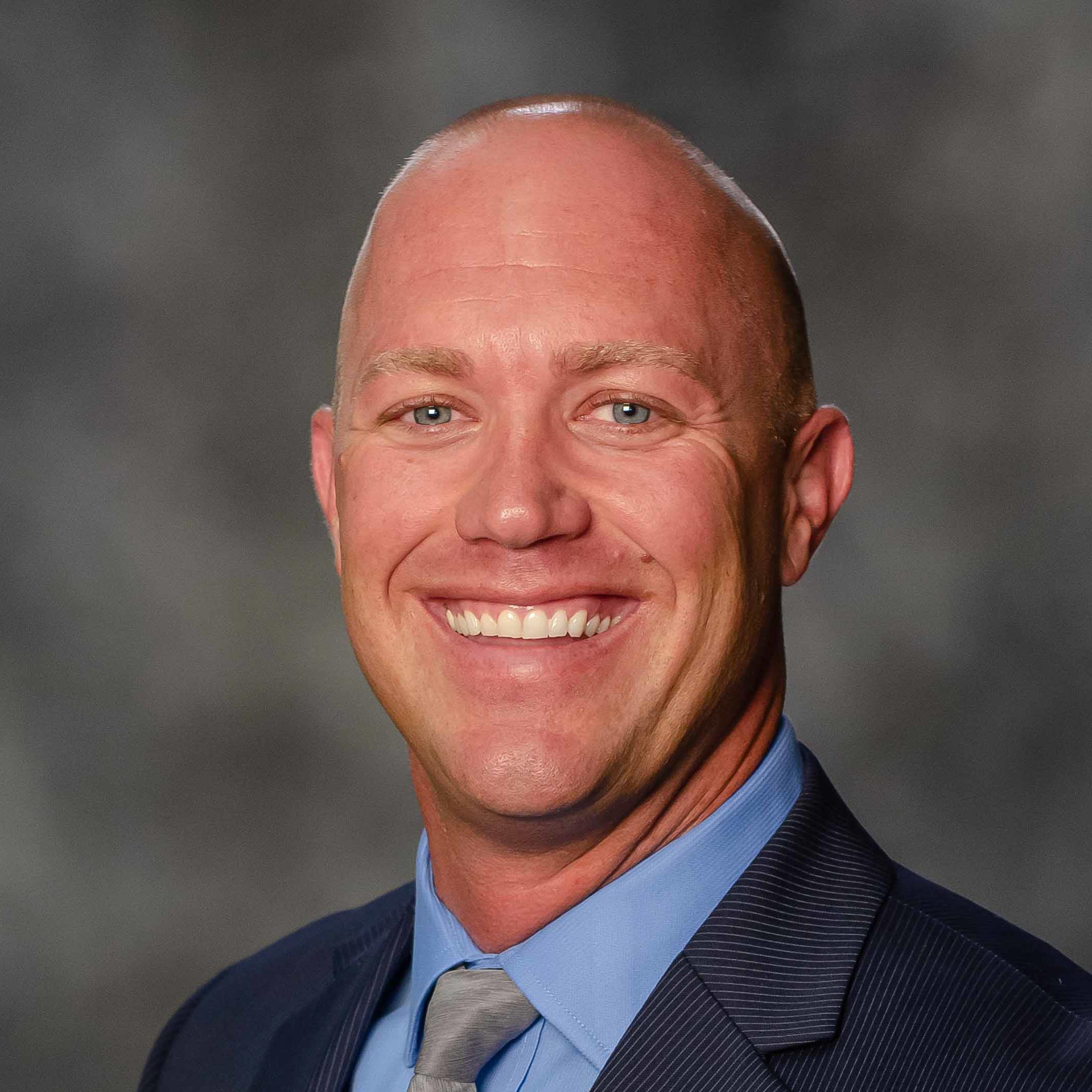
by Tori Pedersen, UNL senior and CSMCE communications intern
Lincoln Public Schools’s Remote Learning Program Principal Casey Fries, an alumnus of the Nebraska Algebra and New Teacher Network programs, will be moving into the role of principal at Lincoln East High School this coming fall.
Formerly an assistant principal at East, Fries is excited to build upon the strong relationships that he already has formed.
“Not every new principal is given the opportunity to step into a place where they worked for many years,” Fries said. “There is a lot of built up trust between the staff and me, so that’s a nice place to be.”
When the pandemic hit in 2020, Fries took on the new role of remote learning principal and designed a program for kindergarten through eighth grade. He had been serving as the assistant principal at East for the previous four years, tasked with overseeing the master schedule. One of his skill sets is building schedules and the “organizational side” of school, Fries said.
“I’ve always enjoyed the puzzle and organizational side of things, so that was great from the beginning, kind of piecing together the instruction,” Fries said. “A teacher in the remote program has to be extremely well planned because you can't just naturally rely on your ability to kind of circle the room and get students back on task. It's a lot more planning up front.”
Fries, a graduate of Centura High School in 2000, earned his undergraduate degree from the University of Nebraska-Lincoln in marketing and spent the first four years of his career working in the business world. Fries then decided he wanted to pursue education, so he returned to school and became an educator.
After joining the Nebraska Algebra and New Teacher Network programs in 2011, Fries shared that his way of thinking shifted.
“It really helped me to think more about the conceptual side of math and getting students to do a little more critical thinking and problem solving, versus just kind of following steps and directions,” Fries said.
During his time teaching math, Fries taught a class at Lincoln High called Accelerated Math, a course for students who did not have traditional math education, typically international and ELL students.
While teaching this class, Fries said he was challenged to think about math in a different way. These students struggled to communicate with him and one another, so teaching fundamental math skills required creativity.
Fries explained that part of what made the class so special was the community it built: “The students were so eager to learn and were so kind to each other.”
Fries quickly moved into leadership roles, becoming a department head after one year of teaching. He realized the opportunity to make an impact through taking on leadership roles, and decided to pursue more administrative positions.
The impact Fries hopes to make is to ensure each student feels that they belong and reaches their full academic potential. Over the last few years, this goal has led him to an increased focused on equitable education, as well as closing the achievement gaps that exist. Fries wants to ensure that students see themselves reflected in the leadership of their teachers and administrators.
In the fall, Fries will begin his role as principal at Lincoln East, moving from overseeing 400 remote students to a building with 2,300 students. He shared that the current administration has been a great support network that has been successful in helping the school to grow and improve, and he hopes to continue with this work.
Fries, who is originally from Cairo, Nebraska —a small town 13 miles west of Grand Island — also plans to emphasize creating a leadership team with diverse skills.
“Part of the team is having people who are into data, who are kind of your linear thinkers, and then having some creative thinkers,” Fries said. “For me, being a math teacher and having some of those backgrounds helped me fit that niche of enjoying things like budgets and schedules. Math is probably our biggest hang-up for students graduating on time.”
To all current mathematicians looking at their career options, Fries said, “I would encourage anybody who's thinking about math education to go that route. You can always go back and try something else if it's not what fits you, but you can't really put a value on how that feels, knowing that you're making an impact on students’ lives and making a difference.”